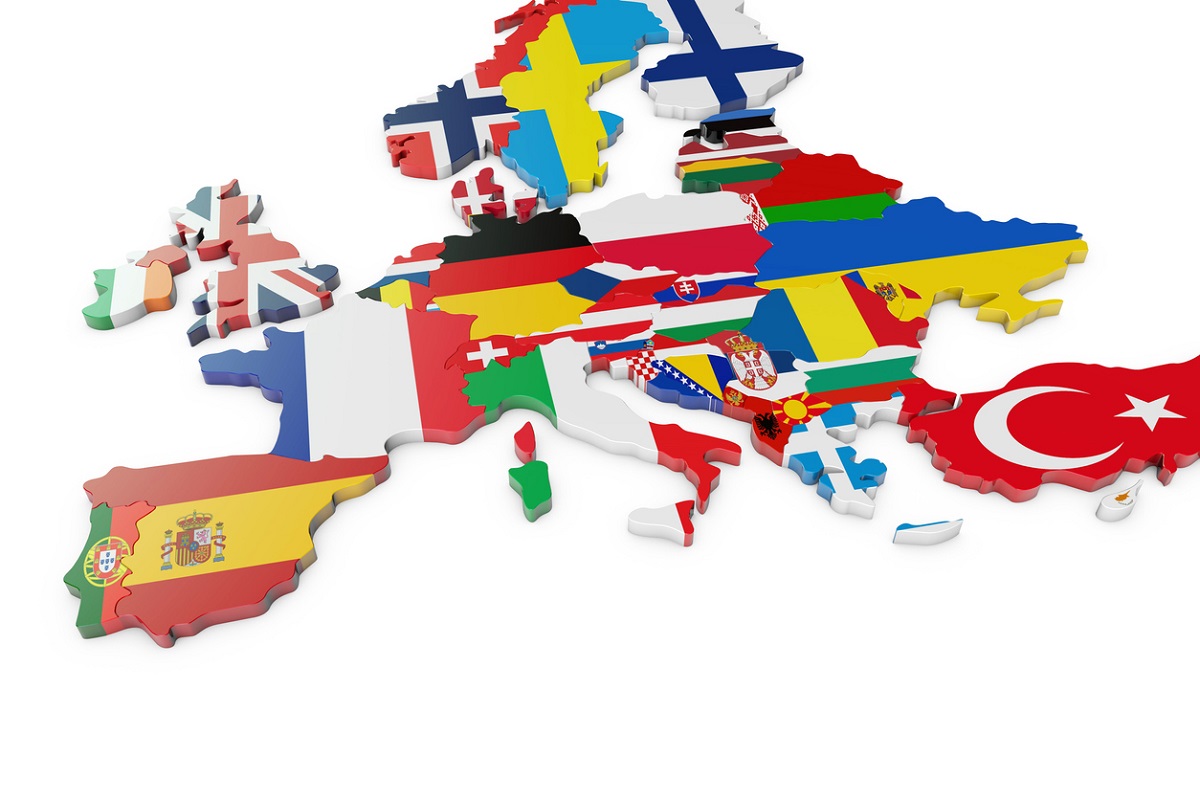Glen Industries starts its second factory
Glen Industries Private Limited has set up its second factory at Jaugram in East Burdwan. It is coming up on four acres of land and the estimated investment would be Rs 500 crore in the next 4 to 5 years.
Europe is not speaking in the same voice on the Taiwan issue is becoming increasingly clear. In sharp contrast to the rhetoric deployed by French President Emmanuel Macron after his recent visit to China, German Foreign

Such a spreading-out to several European countries (Representational Image: iStock)
That Europe is not speaking in the same voice on the Taiwan issue is becoming increasingly clear. In sharp contrast to the rhetoric deployed by French President Emmanuel Macron after his recent visit to China, German Foreign
Minister Annalena Baerbock has made it clear that a conflict in the Taiwan Straits would send shock waves across the world, and would have global consequences. Last week, Mr Macron had asked aloud if Europeans ought to have an interest in speeding things up in Taiwan, saying the “worse of things would be to think that we Europeans must be followers on this subject and adapt ourselves to an American rhythm and Chinese overreaction.”
These remarks had caused anger in some European capitals and in Washington DC, because they suggested a crack in the Western alliance on both the Russia-China axis and the role that the United States sees for Europe in the Indo-Pacific. Even as Ms Baerbock made these placatory noises on a visit to Beijing where she met Chinese Foreign Minister Qin Gang and described the prospect of a war in the Taiwan Straits as “horrific”, the European Commission’s foreign policy chief who was supposed to accompany her but bailed out after testing positive for Covid-19 seemed to be making his own attempt to balance things out. In a speech published on Friday, Mr Josep Borrell said the EC was committed to its one-China policy, while adding that any attempt to change the status quo in Taiwan “by force” would be unacceptable. China has meanwhile iterated its stance on Taiwan, and Mr Qin accused Western governments of supporting those he termed “separatists”.
Advertisement
The problem for Western Europe remains the deep economic ties between its member countries and China. This to a considerable extent determines the position its members will take on Taiwan, even though they are partners with America in Nato. Straddling both stools as they do, neither France nor Germany are in a position to decouple these ties and Ms Baerbock was at pains to emphasise that such a step was not in her country’s interest.
As most Europeans are wont to do, Ms Baerbock sought to link economic activity with human rights, saying that companies that gained advantages from rights violations disturbed a level playing field. But when she told Mr Qin that human rights “are increasingly being curtailed” in China, she received a stinging rebuke from her host, who was quick to point out “the last thing China needs is to be lectured by the West”.
Overall, though, China must be watching with some amusement the calisthenics employed by European leaders as they seek to strike a balance between Beijing and Washington, especially on Taiwan. Seemingly divergent views, such as those offered by Mr Macron and Ms Baerbock, must be music to the Asian giant’s ears.
Advertisement